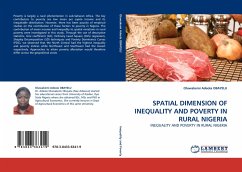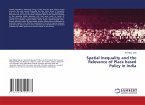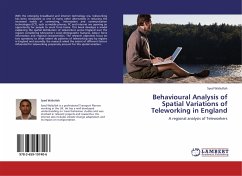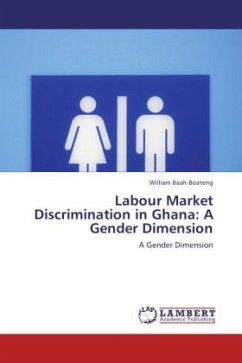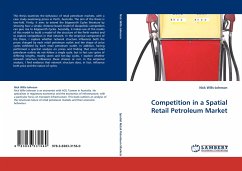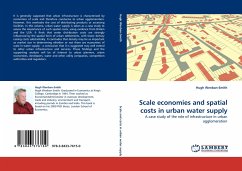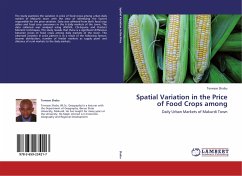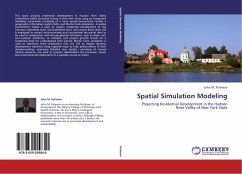Poverty is largely a rural phenomenon in sub-Saharan Africa. The key contributors to poverty are low mean per capita income and its inequitable distribution. However, there has been paucity of empirical studies on the contribution of these factors to poverty in Nigeria. The contribution of mean income and inequality to spatial variations in rural poverty were investigated in this study. Through the use of descriptive statistics, Gini coefficient (GC), Ordinary Least Square (OLS) regression, Shapley Decomposition (SD) techniques and Poverty Dominance Curves (PDC), we observed that the North Central had the highest inequality and poverty indices while Northwest and Southwest had the lowest respectively. Approaches to attain poverty alleviation would therefore differ across the geopolitical zones

